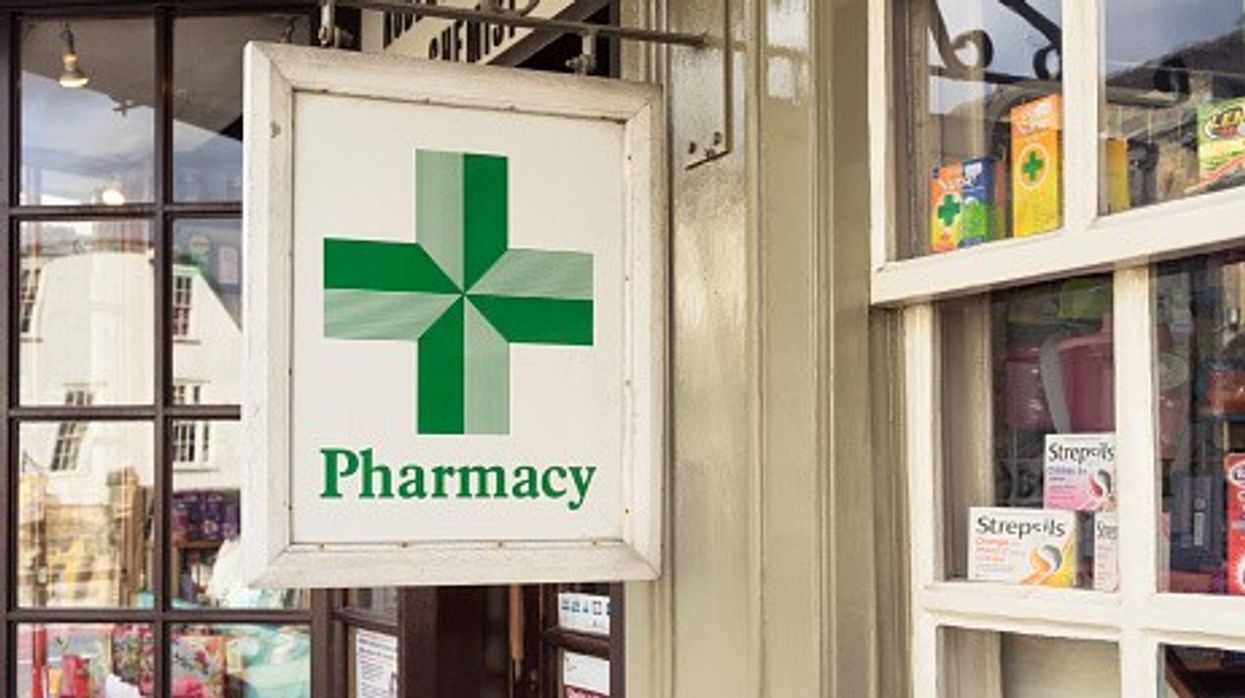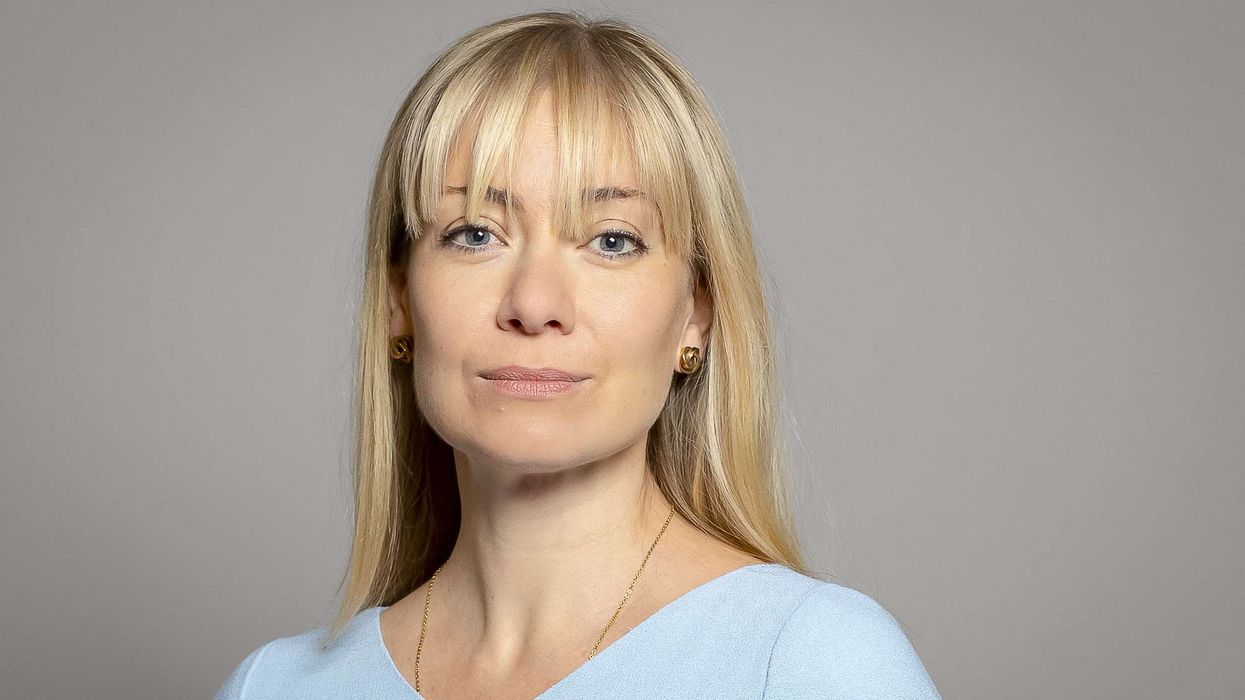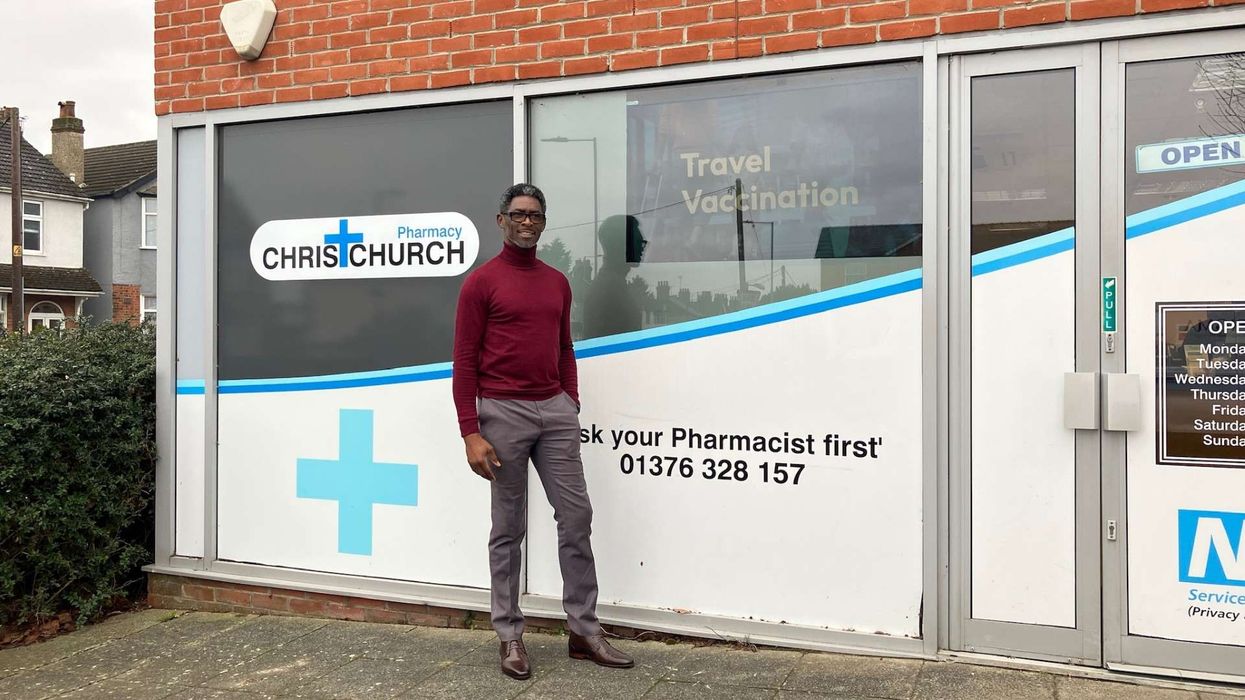Experts say more must be done to tackle vaccine hesitancy as younger age groups, women and people from some ethnic backgrounds are less likely to take-up a Covid-19 vaccine when offered.
A new UK-wide research has found that black or black British were the ethnic group with the highest rate of vaccine hesitancy, with 71.8 per cent of those surveyed reporting that they wouldn’t have a Covid-19 vaccination.
Pakistani and Bangladeshi groups were the next most vaccine hesitant ethnic group, with 42.3 per cent reporting they wouldn’t take-up vaccination when offered.
Likewise, a higher proportion of female participants indicated vaccine hesitancy, 21 per cent compared to 14.7 per cent of male participants.
Younger age groups were also more vaccine hesitant with 28.3 per cent of younger adults aged 25-34 reporting they wouldn’t take up the vaccine, compared to only 14.3 per cent in the 55-64 age group, 8.1 per cent in the 65-74 age group and 4.5 per cent in the 75+ age group.
Vaccine hesitancy was also inversely linked with education, with the most educated least likely to be vaccine hesitant.
In the large-scale study, led by the University of Glasgow in collaboration with the University of Essex, researchers looked at vaccine hesitancy in the population alongside the reasons why the Covid-19 vaccine would be accepted or refused.
Their findings were published on Monday (March 15) in the journal Brain Behaviour and Immunity and were based on data from the UK Household Longitudinal Study.
However, the Overall intention to have the Covid-19 vaccine was high, with 53.5 per cent of participants very likely to and a further 28.5 per cent likely to take up vaccination when offered.
The main reasons for vaccine hesitancy were concerns over future unknown effects of a vaccine, with 42.7 per cent citing this as their main reason.
Reasons for vaccine hesitancy were often similar across ethnic groups however, when compared to the White British/Irish group, Black/Black British participants were more likely to state they ‘Don’t trust vaccines’ (29.2 per cent vs 5.7 per cent) and the Pakistani/Bangladeshi ethnic group reported worries about side-effects (35.4 per cent vs 8.6 per cent).
The two ethnic groups most likely to take up the Covid-19 vaccine when offered were the white British and Irish groups with 84.8 per cent being likely or very likely to take a vaccine, and the any other Asian background group, which includes participants of Chinese ethnicity, 86.1 per cent of which said they would take up the vaccine.
Professor Vittal Katikireddi, lead author of the study from the University of Glasgow MRC/CSO Social and Public Health Sciences Unit, said: “Our study data shows a positive picture in terms of being willing to vaccinated overall, however the research does highlight that very large differences in vaccine hesitancy exist by ethnicity, with some but not all minority ethnic groups being hesitant.
“These differences highlight the potential to widen health inequalities, and therefore the importance of deliberate efforts to engage with these groups as a priority. Initiatives to improve uptake in Black, Pakistani and Bangladeshi ethnic groups within the UK should continue to be a priority – for example, by working in close partnership with communities and making use of community champions.”
When asked what would most convince participants to take the vaccine, 43.2 per cent of Black/Black British maintained that they would not take it, while a further 44.7 per cent reported that they would if the vaccine was demonstrated to be safe.
Pakistani and Bangladeshi participants reported that they may be persuaded if the vaccine reduced their risk of catching Covid-19 and if it was demonstrated to be safe.











